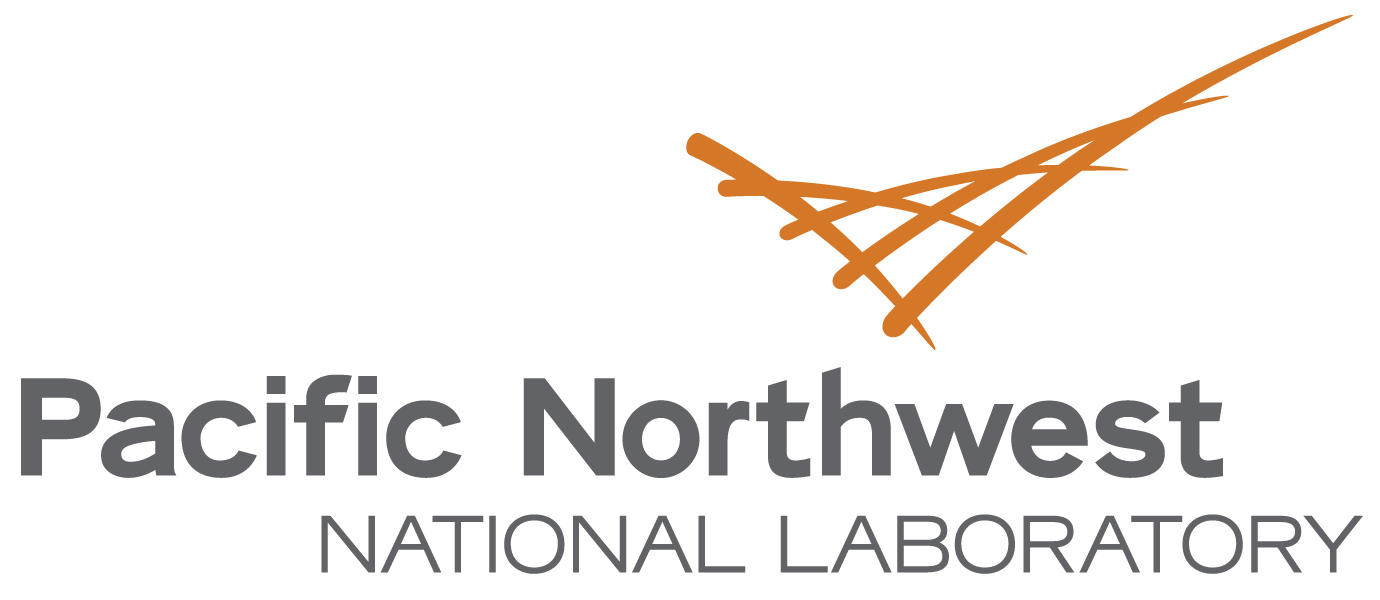Newswise — The beginning of the COVID-19 pandemic presented a huge challenge to healthcare workers. Doctors struggled to predict how different patients would fare under treatment against the novel SARS-CoV-2 virus. Deciding how to triage medical resources when presented with very little information took a mental and physical toll on caregivers as the pandemic progressed.
“As COVID-19 unfolded over 2020, it brought a number of us together into thinking how and where we could contribute meaningfully,” said chief scientist Sutanay Choudhury. “We decided we could make the most impact if we worked on the problem of predicting patient outcomes.”
The multi-institutional team developed TransMED to address this challenge, analyzing data from existing diseases to predict outcomes of an emerging disease.
Answering a call to help
When the COVID-19 pandemic began, PNNL researchers confronted the new challenge head-on. Choudhury found himself working on a team using AI to generate structures for molecules that could be potential candidates for drug development against SARS-CoV-2.
He also felt an intense empathy towards the healthcare workers at the frontlines of the COVID-19 battle. “It was clear we needed to build more effective tools to protect both patients and caregivers better during the next crisis,” said Choudhury.
Choudhury and Agarwal enlisted the help of Colby Ham, and Robert Rallo, director of the Advanced Computing, Mathematics, and Data Division at PNNL, as well as computer scientists from Stanford University, Virginia Tech, and John Snow Labs to build such a tool.
Suzanne Tamang was one of those scientists. She previously worked with Choudhury, Agarwal, and Rallo on a healthcare analytics project. She was eager to participate in this research endeavor to apply her knowledge for providing decision support to healthcare workers.
“We all saw a need to contribute,” said Tamang, assistant faculty director, Data Science, at the Stanford Center for Population Health Science and Instructor at the Department of Biomedical Data Science, Stanford University School of Medicine. “We could leverage our abilities to build a tool with immediate value and utility for healthcare workers.”
Tamang is no stranger to such altruism. As part of Stanford University’s Statistics for Social Good club, she regularly donates her time and skills to solving problems across a variety of social issues. “Sometimes, the best science occurs when researchers are driven by a desire to help,” said Tamang.
A new approach to combatting unknown diseases
Early results indicate that TransMED outperforms current patient outcome prediction models, particularly for rarer outcomes. Agarwal partly attributes this to TransMED’s ability to scrutinize a wide variety of medical information, including other respiratory diseases.
“TransMED considers nearly all types of electronic healthcare records data such as medical conditions, drugs, procedures, laboratory measurements, and information from clinical notes,” said Agarwal. “Taking this holistic view of the patient allows TransMED to make predictions much in the same way a clinician would.”
The other factor contributing to TransMED’s success is transfer learning. Essentially, transfer learning works by having a machine learning model work on solving a problem where a lot of data exists. The model then transfers this knowledge to solving similar problems. In the case of TransMED, researchers trained the model on known severe respiratory disease patient outcomes and applied that knowledge to predicting COVID-19 outcomes.
“Given a patient’s recent medical history, TransMED can predict a patient’s need for ventilators, or other rare outcomes 5 to 7 days out into the future,” said Choudhury.
Application of AI in real-world healthcare settings is in its infancy, but this work is a promising first step towards building a useful model for predicting patient outcomes. Though TransMED is yet to be tested in a clinical setting, it offers an encouraging glimpse into the future of healthcare.
Additional authors on this paper are Sindhu Tipirneni and Chandan K Reddy from Virginia Tech; Pritam Mukherjee, Matthew Baker, Siyi Tang, and Olivier Gevaert from Stanford University; and Veysel Kocaman from John Snow Labs. This work was supported by a PNNL Laboratory Directed Research and Development program.


